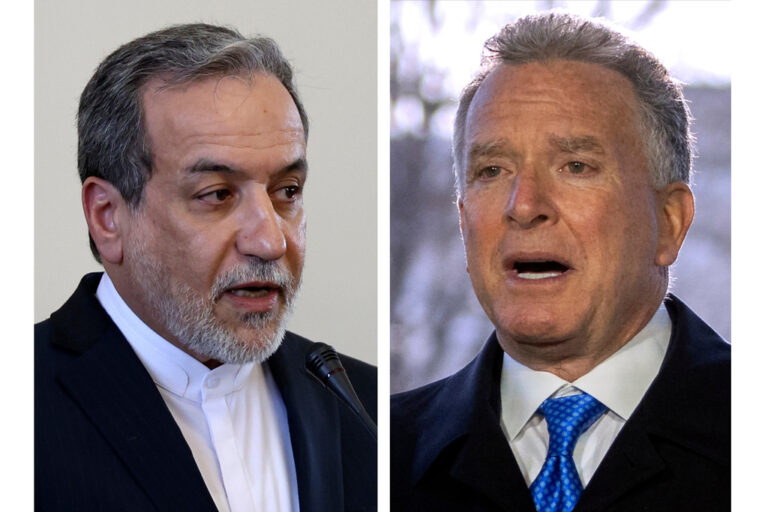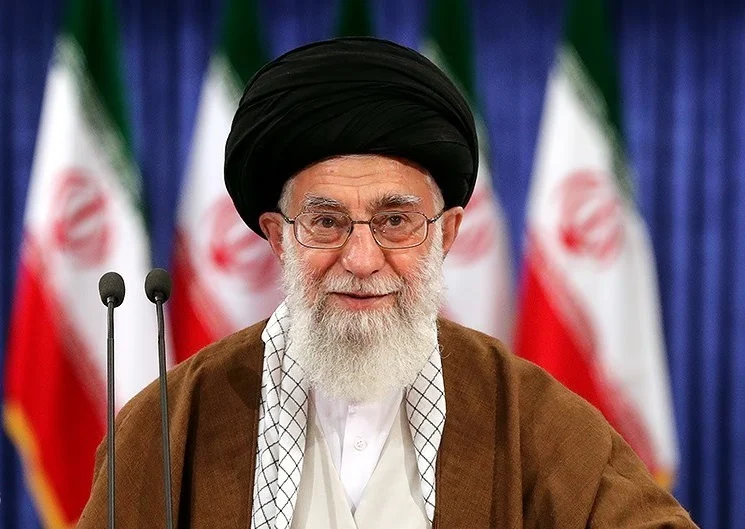 Kim Jong-il, the enigmatic North Korean leader, died on a train at 8:30 a.m. Saturday in his country. Forty-eight hours later, officials in South Korea still did not know anything about it — to say nothing of Washington, where the State Department acknowledged “press reporting” of Mr. Kim’s death well after North Korean state media had already announced it.
Kim Jong-il, the enigmatic North Korean leader, died on a train at 8:30 a.m. Saturday in his country. Forty-eight hours later, officials in South Korea still did not know anything about it — to say nothing of Washington, where the State Department acknowledged “press reporting” of Mr. Kim’s death well after North Korean state media had already announced it.
For South Korean and American intelligence services to have failed to pick up any clues to this momentous development — panicked phone calls between government officials, say, or soldiers massing around Mr. Kim’s train — attests to the secretive nature of North Korea, a country not only at odds with most of the world but also sealed off from it in a way that defies spies or satellites.
Asian and American intelligence services have failed before to pick up significant developments in North Korea. Pyongyang built a sprawling plant to enrich uranium that went undetected for about a year and a half until North Korean officials showed it off in late 2010 to an American nuclear scientist. The North also helped build a complete nuclear reactor in Syria without tipping off Western intelligence.
As the United States and its allies confront a perilous leadership transition in North Korea — a failed state with nuclear weapons — the closed nature of the country will greatly complicate their calculations. With little information about Mr. Kim’s son and successor, Kim Jong-un, and even less insight into the palace intrigue in Pyongyang, the North’s capital, much of their response will necessarily be guesswork.
“We have clear plans about what to do if North Korea attacks, but not if the North Korean regime unravels,” said Michael J. Green, a former Asia adviser in the Bush administration. “Every time you do these scenarios, one of the first objectives is trying to find out what’s going on inside North Korea.”
In many countries, that would involve intercepting phone calls between government officials or peering down from spy satellites. And indeed, American spy planes and satellites scan the country. Highly sensitive antennas along the border between South and North Korea pick up electronic signals. South Korean intelligence officials interview thousands of North Koreans who defect to the South each year.
And yet remarkably little is known about the inner workings of the North Korean government. Pyongyang, officials said, keeps sensitive information limited to a small circle of officials, who do not talk.
“This is a society that thrives on its opaqueness,” said Christopher R. Hill, a former special envoy who negotiated with the North over its nuclear program. “It is very complex. To understand the leadership structure requires going way back into Korean culture to understand Confucian principles.”
On Monday, the Obama administration held urgent consultations with allies but said little publicly about Mr. Kim’s death. Senior officials acknowledged they were largely bystanders, watching the drama unfold in the North and hoping that it does not lead to acts of aggression against South Korea.











One Response
Maybe Our Commander in Chief should ask the Koreans for information like this like he asked for the drone back.
“Kindler and Gentler” Intelligence gathering.
Change!